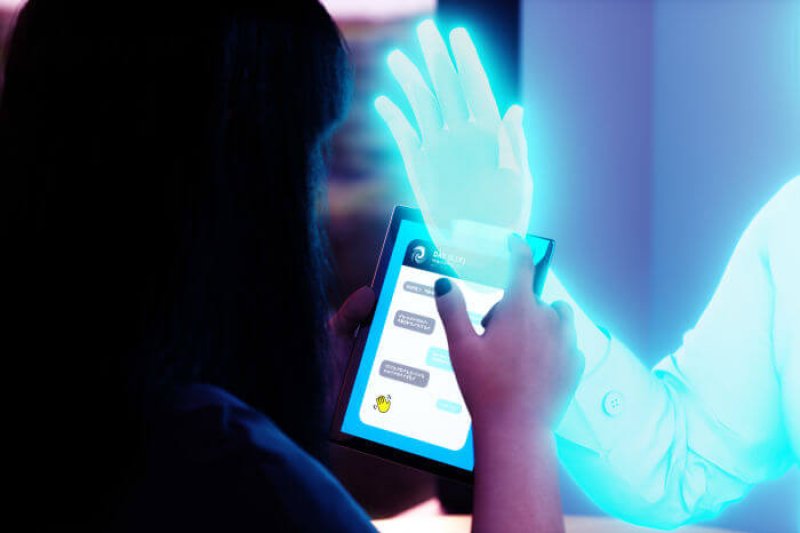Researchers and entrepreneurs are starting to ponder how artificial intelligence could create versions of people after their deaths—not only as static replicas for the benefit of their loved ones but as evolving digital entities that may steer companies or influence world events.
Numerous startups are already anticipating growing demand for digital personas, including Replika, an app that learns to replicate a person in the form of a chatbot, and HereAfter AI, which records people’s life stories and uses them to create a replica embedded in a smart speaker.
It will likely take a while before genuinely convincing replicas of people are all around us. Maggi Savin-Baden, a professor at the University of Worcester who co-wrote a book with Mr. Burden on digital immortality, had a persona modeled after herself made last year—an animated head and shoulders with speech output from a chatbot. She asked people from her professional world who didn’t know her to interact with it and then with her. Not everyone was fooled.
“They said some of it felt really like me and some of it just didn’t at all,” she says. “It’s still quite a mixed bag.”































